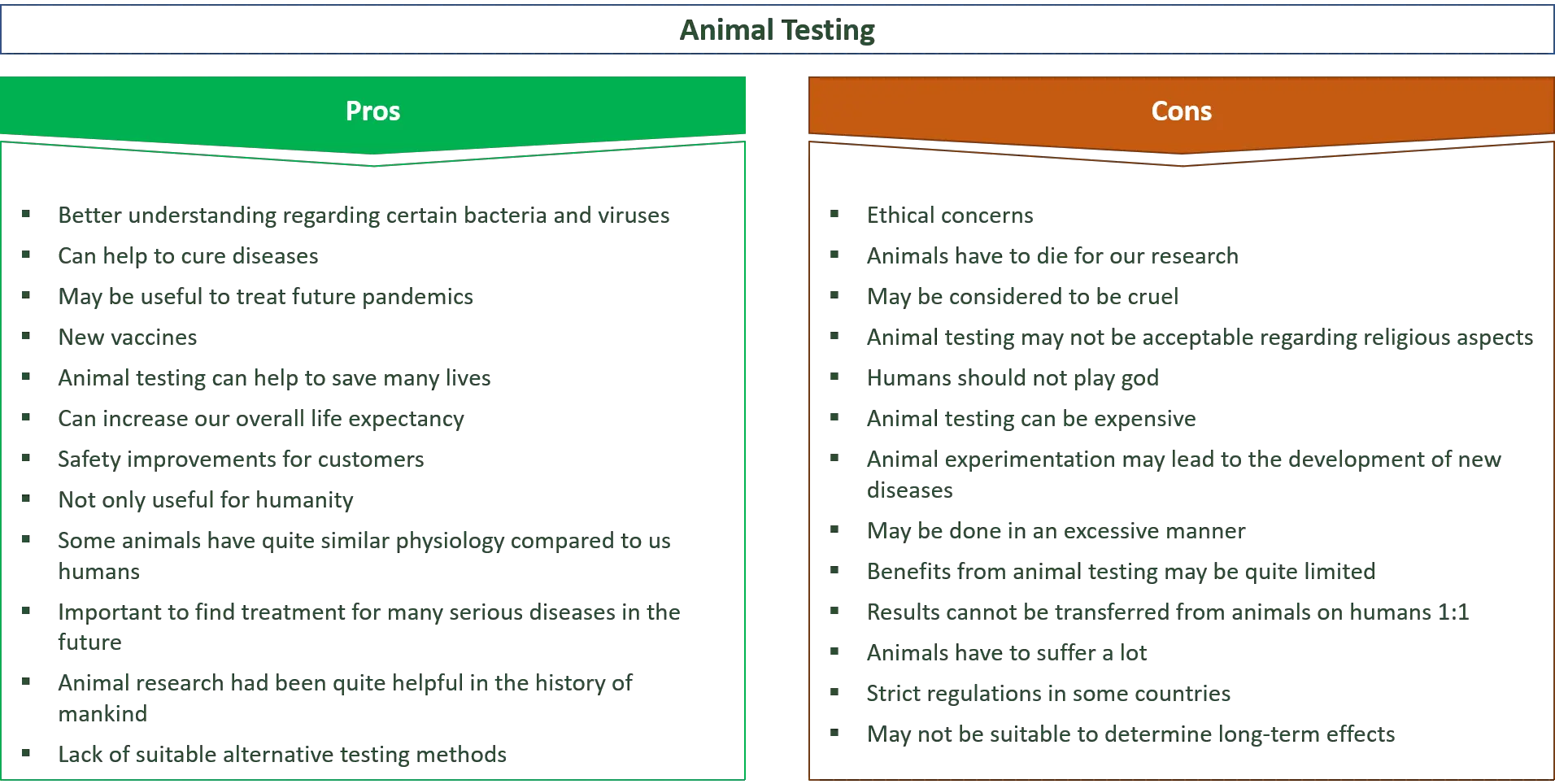European Parliament Ambassador School
Wednesday, 27 April 2022
Sunday, 24 April 2022
Wednesday, 20 April 2022
Reading practice
Dogs really are our best friends, according to a Swedish study that says canine ownership could reduce heart disease. A study of 3.4 million people between the ages of 40 and 80 found that having a dog was associated with a 23% reduction in death from heart disease and a 20% lower risk of dying from any cause over the 12 years of the study. Previous studies have suggested dogs relieve social isolation and depression – both linked to an increased risk of heart disease and early death.
The solution
Dog owners show better responses to stress (their blood pressure and pulse rates don’t soar), have higher levels of physical activity and slightly lower cholesterol levels. The American Heart Association was sufficiently swayed by a review of dozens of studies to release a statement in 2013 saying that owning a dog “was probably” associated with a reduced risk of heart disease. Their reluctance to more strongly endorse dog ownership is because most studies are what is called observational – researchers note an association, but can’t prove causation. This means that other factors might explain why dog owners are healthier than, say, goldfish owners – for example, perhaps only people who are fit in the first place buy pets that need daily walkies.
Tove Fall, an epidemiologist and the lead author of this latest study, says they tried their best to allow for any differences in education, existing ill-health and lifestyles between those with and without dogs. The study found the biggest positive impact of having a dog was on people living alone. “It seems that a dog can be a substitute for living with other people in terms of reducing the risk of dying,” says Fall. “Dogs encourage you to walk, they provide social support and they make life more meaningful. If you have a dog, you interact more with other people. If you do get ill and go into hospital and you have a dog, there’s a huge motivation to try to get back home.”
Of course, getting a dog and watching it from your sofa while you eat fatty food is not going to reduce your risk of heart disease. And a toy dog may look cute, but won’t have any effect either. Fall’s study showed the most health benefits came from having retrievers or pointers. Until her German shorthaired pointer died last year, she ran 10km with her most days. “In Sweden, we have one of the lowest rates of dog ownership in Europe,” says Fall, who has recently got a new puppy. “Maybe this will increase the acceptance that dogs are important to people.”
Monday, 11 April 2022
Reported Speech /Direct Speech
Reported Speech
- Reported speech: She says (that) she likes ice cream.
But, if the reporting verb is in the past tense, then usually we change the tenses in the reported speech:
- Reported speech: She said (that) she liked ice cream.
| Tense | Direct Speech | Reported Speech |
|---|---|---|
| present simple | I like ice cream | She said (that) she liked ice cream. |
| present continuous | I am living in London | She said (that) she was living in London. |
| past simple | I bought a car | She said (that) she had bought a car OR She said (that) she bought a car. |
| past continuous | I was walking along the street | She said (that) she had been walking along the street. |
| present perfect | I haven't seen Julie | She said (that) she hadn't seen Julie. |
| past perfect* | I had taken English lessons before | She said (that) she had taken English lessons before. |
| will | I'll see you later | She said (that) she would see me later. |
| would* | I would help, but..” | She said (that) she would help but... |
| can | I can speak perfect English | She said (that) she could speak perfect English. |
| could* | I could swim when I was four | She said (that) she could swim when she was four. |
| shall | I shall come later | She said (that) she would come later. |
| should* | I should call my mother | She said (that) she should call her mother |
| might* | I might be late | She said (that) she might be late |
| must | I must study at the weekend | She said (that) she must study at the weekend OR She said she had to study at the weekend |
- Reported speech: She said (that) the sky is/was blue.
Click here for a list of all the reported speech exercises.
- Reported speech: She asked me where I lived.
Direct speech: Where is Julie?
- Reported speech: She asked me where Julie was.
| Direct Question | Reported Question |
|---|---|
| Where is the Post Office, please? | She asked me where the Post Office was. |
| What are you doing? | She asked me what I was doing. |
| Who was that fantastic man? | She asked me who that fantastic man had been. |
So much for 'wh' questions. But, what if you need to report a 'yes / no' question? We don't have any question words to help us. Instead, we use 'if':
- Direct speech: Do you like chocolate?
- Reported speech: She asked me if I liked chocolate.
| Direct Question | Reported Question |
| Do you love me? | He asked me if I loved him. |
| Have you ever been to Mexico? | She asked me if I had ever been to Mexico. |
| Are you living here? | She asked me if I was living here. |
Click here to practise reported 'yes / no' questions.
Reported Requests
- Direct speech: Close the window, please
- Or: Could you close the window please?
- Or: Would you mind closing the window please?
- Reported speech: She asked me to close the window.
| Direct Request | Reported Request |
| Please help me. | She asked me to help her. |
| Please don't smoke. | She asked me not to smoke. |
| Could you bring my book tonight? | She asked me to bring her book that night. |
| Could you pass the milk, please? | She asked me to pass the milk. |
| Would you mind coming early tomorrow? | She asked me to come early the next day. |
- Direct speech: Please don't be late.
- Reported speech: She asked us not to be late.
- Direct speech: Sit down!
- Reported speech: She told me to sit down.
| Direct Order | Reported Order |
| Go to bed! | He told the child to go to bed. |
| Don't worry! | He told her not to worry. |
| Be on time! | He told me to be on time. |
| Don't smoke! | He told us not to smoke. |
Sometimes when we change direct speech into reported speech we have to change time expressions too. We don't always have to do this, however. It depends on when we heard the direct speech and when we say the reported speech.
For example:
It's Monday. Julie says "I'm leaving today".
If I tell someone on Monday, I say "Julie said she was leaving today".
If I tell someone on Tuesday, I say "Julie said she was leaving yesterday".
If I tell someone on Wednesday, I say "Julie said she was leaving on Monday".
If I tell someone a month later, I say "Julie said she was leaving that day".
So, there's no easy conversion. You really have to think about when the direct speech was said. Here's a table of some possible conversions:
| now | then / at that time |
| today | yesterday / that day / Tuesday / the 27th of June |
| yesterday | the day before yesterday / the day before / Wednesday / the 5th of December |
| last night | the night before, Thursday night |
| last week | the week before / the previous week |
| tomorrow | today / the next day / the following day / Friday |
Saturday, 9 April 2022
Writing: Opinion: Animal testing and Zoos
Friday, 8 April 2022
Easter 2022
2. It's the culmination of the religious season of _________________.
3. Easter is also a _________________ holiday.
4. Early Christians adapted Easter from a _________________ festival.
5. The goddess consorted with a _________________.
6. Rabbits are an ancient symbol of _________________ and new life.
7. It was probably brought to America by _________________
8. In different parts of Germany kids wait for the Easter _________________, _________________, rooster or stork.
9. Eggs also symbolize _________________ and _________________.
10. For centuries the Christian Church banned _________________ along with other _________________ during lent.
11. _________________ eggs is one of the oldest Easter costumes.
12. For most Americans, however, Easter is about the _________________ stuff, _________________.
13. US candy makers produce _________________ chocolate bunnies and _________________ jelly beans for Easter each year.
14. Today, more candy is _________________ for Easter than any other holiday, except for _________________.
15. Easter ranks among the most _________________ celebrated holidays.
16. This spring, sweeten up your celebration with a little _________________.
Ebau key- Extrard. 17.
Key: Zoos are prisions for animals.
key: TAKING OLD CARS OFF THE ROAD.






